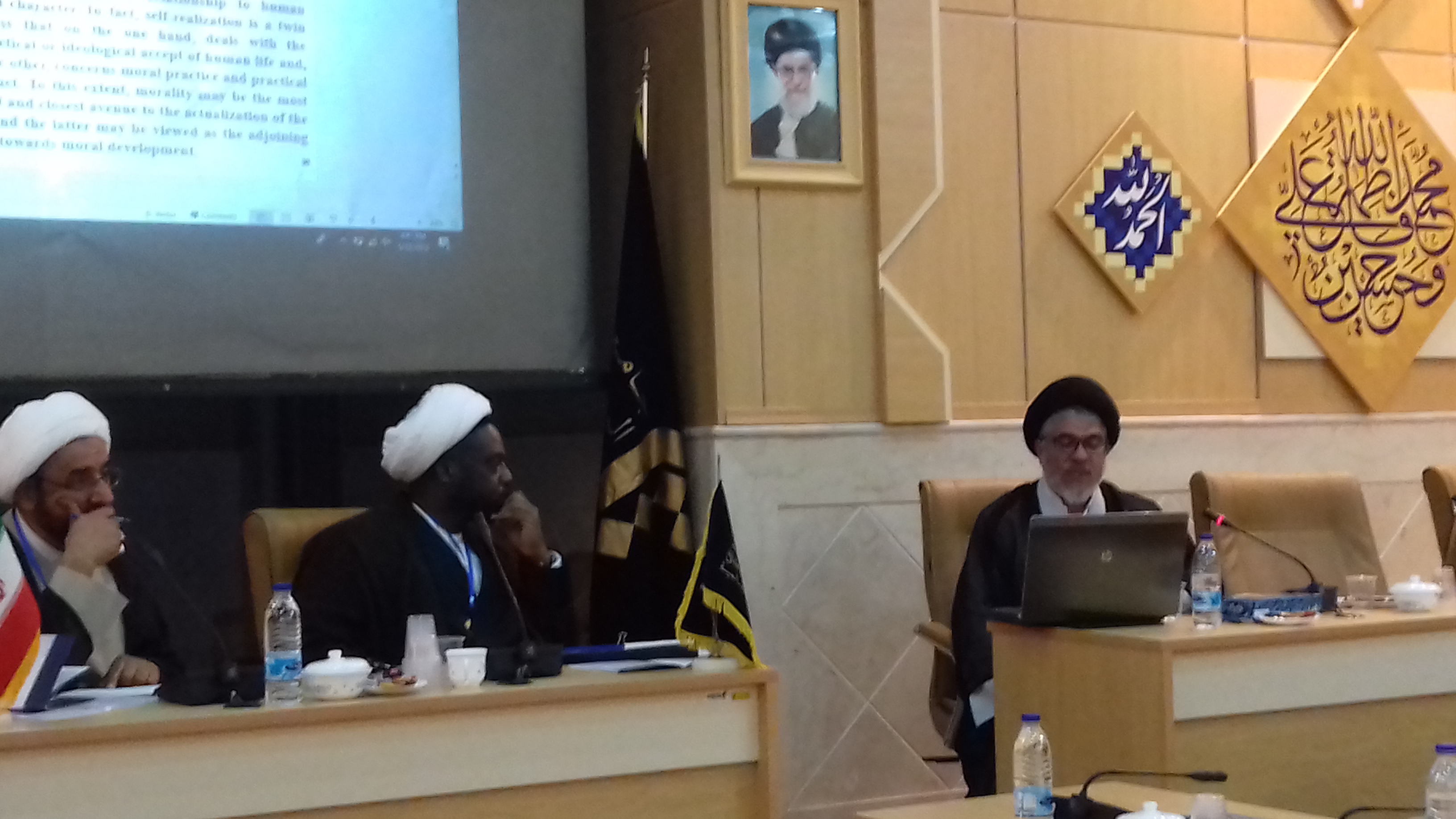Barriers for Moral Development in Value Based Education
Moral decline both within and outside the Muslim community is a concern to both Muslims and non-Muslims living in the UK. Observations of contemporary Muslim lifestyles including observance of Islamic belief, praxis and criminality suggest that the character and morality of many contemporary Muslims does not match the traditional expectations of Muslims and that successive generations of Muslims living in the UK are becoming increasingly less religious. Such moral decline and its negative impacts for society has led Muslims as well as secular policy makers to introduce different forms of formal “character education” and “values-based” educational initiatives in British state-secular and Islamic-faith schools respectively. A horizontally-broad and vertically-deep interdisciplinary literature review offers potential evidence that underlying factors contributing to current and increasing trends of moral and spiritual disease mirror those anecdotally put forward by concerned Muslim social commentators and parents including: pressure from media, advertising and school peers to adopt un-Islamic lifestyles; family breakdown; economic pressures upon families; early childcare; nutrition; leisure and entertainment; political-economy; and dominant cultural values. The effectiveness of school-based character curriculums is questioned in light of the external societal barriers to moral development and even more crucially an attempt is made to explore whether British Muslims are able to fully realise good character and spiritual perfection in light of prevailing lifestyle choices and current socio-cultural-political-economic realities.













